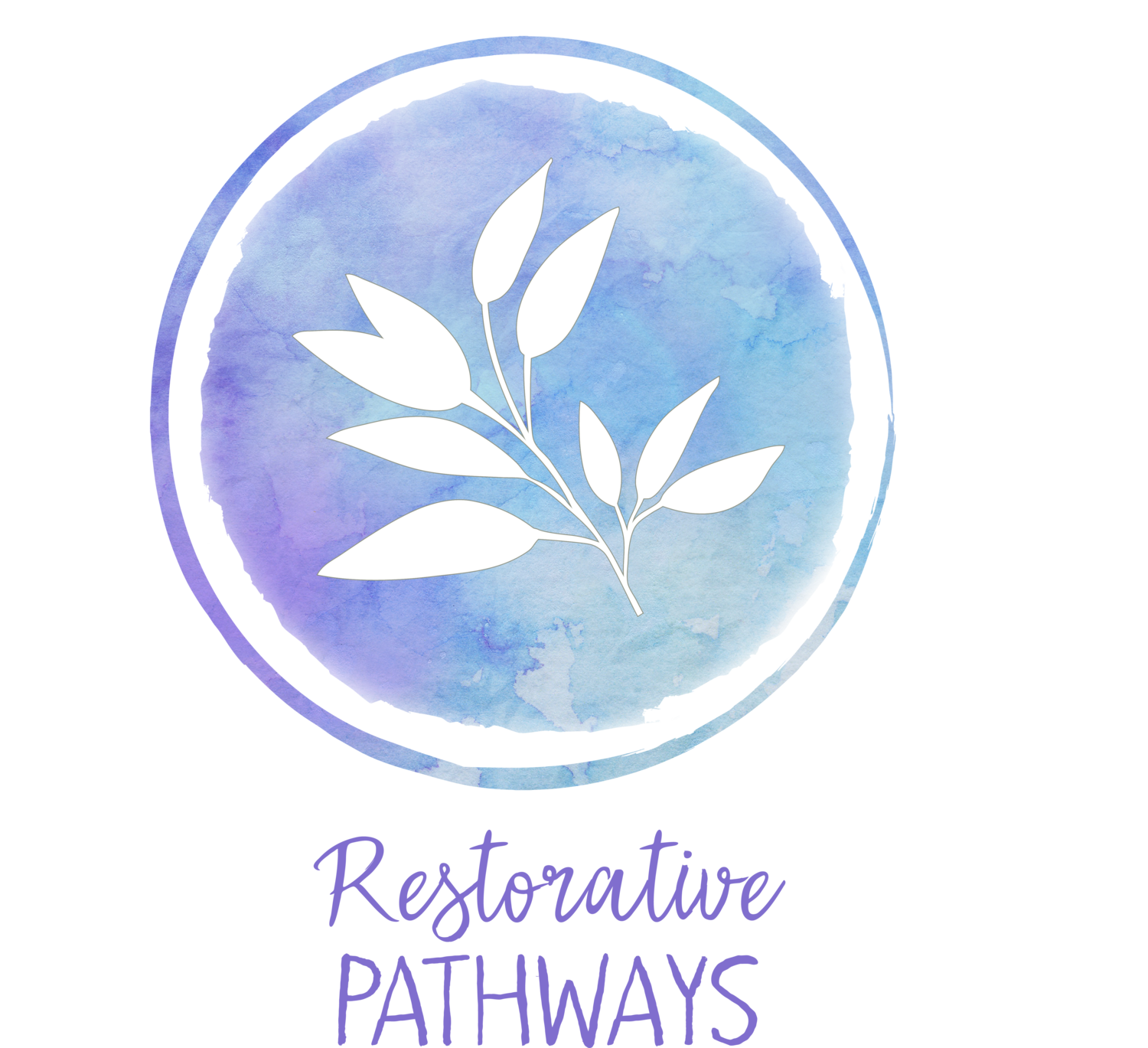Nutrition and Mental Health: Takeaways from Our Conversation with Paulie Starr
Paulie Starr has been in the health and fitness field since she was 18 years old. She started as a personal trainer and continued in her career by pursuing an Associates Degree in Sport and Exercise Studies and a Bachelors in Nutrition Dietetics. Paulie has completed 1200 hours of internship in dietetics and has worked with a range of problems and clients from eating disorders to professional athletes. This blog is not intended to be used to diagnose or treat any mental disorder. If you have mental health symptoms, please discuss them with a licensed mental health professional or your primary care physician.
Nutrition and Mental Health
Watch Miranda’s interview with Paulie below!
Summary
- There is a HUGE connection between what we eat and how we feel. What we consume can directly impact our mental and emotional health.
- Starch and sugar creates a boost of serotonin - this is why sugar can be compared to a drug, because our brain lights up and says “give me more!” Sugar cravings are common when we need a boost, but it leads to crashes. It becomes a vicious cycle. When you eat these types of foods, you start to crave them even more.
- You can gradually retrain your body to crave the naturally sweet foods rather than the artificial ones like candies and pastries.
- Your gut is where a majority of serotonin is produced, so inflammation and poor eating habits can cause a decrease in serotonin and increase depression and anxiety symptoms.
- Eliminating certain foods from your diet that may be causing inflammation like sugar, dairy, or gluten can cause a huge change in your mental health. You may start seeing changes within as little as two weeks! For anyone wanting to avoid medication for mental health symptoms by trying cognitive and behavioral methods first, you can try cutting out certain food groups for just two weeks and track the change.
Signs and Symptoms of Inflammation
- Brain fog
- Allergies from inflamed sinuses
- Gut Issues - diarrea, gas, bloating, constipation, etc.
- Joint pain
- Feeling tired and fatigued
Steps to Take if You Experience Symptoms of Inflammation
- You can try to eliminate certain foods on your own, first, if you have a hunch of what may be causing the inflammation. The tests can be very expensive and sometimes all you need to do can be done at home.
- Consult with your doctor or a nutrition professional
What to Eat to Support Your Mental Health
- Antioxidants - green vegetables, healthy fats (avocados, healthy nuts and seeds, healthy fish)
- “If it takes more than 3 or 4 steps from mother nature.. Then it’s probably not good for you. Was it picked from the garden and put on your plate? Yes? That’s GOOD for you. If it was sent through a process and was soaked in chemicals, beware!
- Omega 3 - eggs and fish
- Zinc and Magnesium - helpful for brain fog
- B vitamins - very important for your nervous system
- High quality multivitamin - consider liquid vitamins which are easier for your body to process
Paulie’s Top Nutrition Tips
- “Nothing in excess, everything in moderation”
- Beware of specific diets. Some people need that structure to follow. Just find what works for you.
- Just move. It doesn’t have to be intense exercising in a gym. Go on a walk, a bike ride, or hiking. Make it something you enjoy.
- Eating as close to mother nature as possible.
- You don’t have to eat expensive WholeFoods food. It does not have to be crazy expensive.
- You don’t have to be super strict. Plan ahead. If you know you have a birthday party coming up, plan for it. Allow yourself to eat the cake without feeling guilty. Meal plan for the days following it and tell yourself to enjoy it, and get right back on track when it’s over
- Don’t tempt yourself. Don’t bring food into your house that you don’t want to be eating. Prepare yourself for success. Don’t self sabotage!
Where to Find Paulie
Facebook at @starrphitllc
Instagram @hoopsstarr

